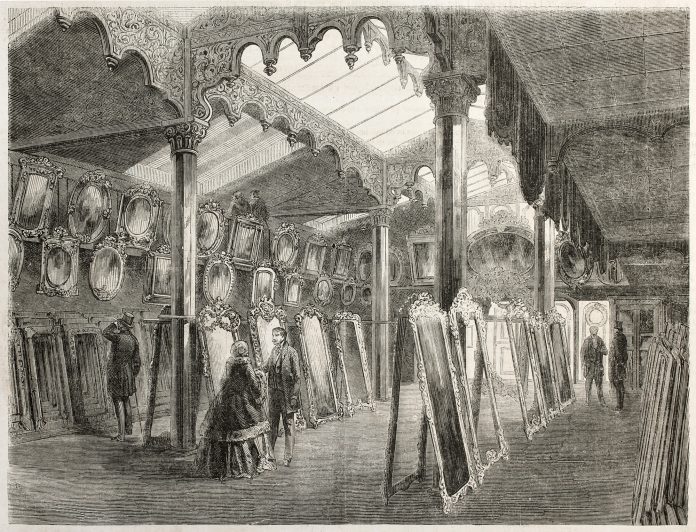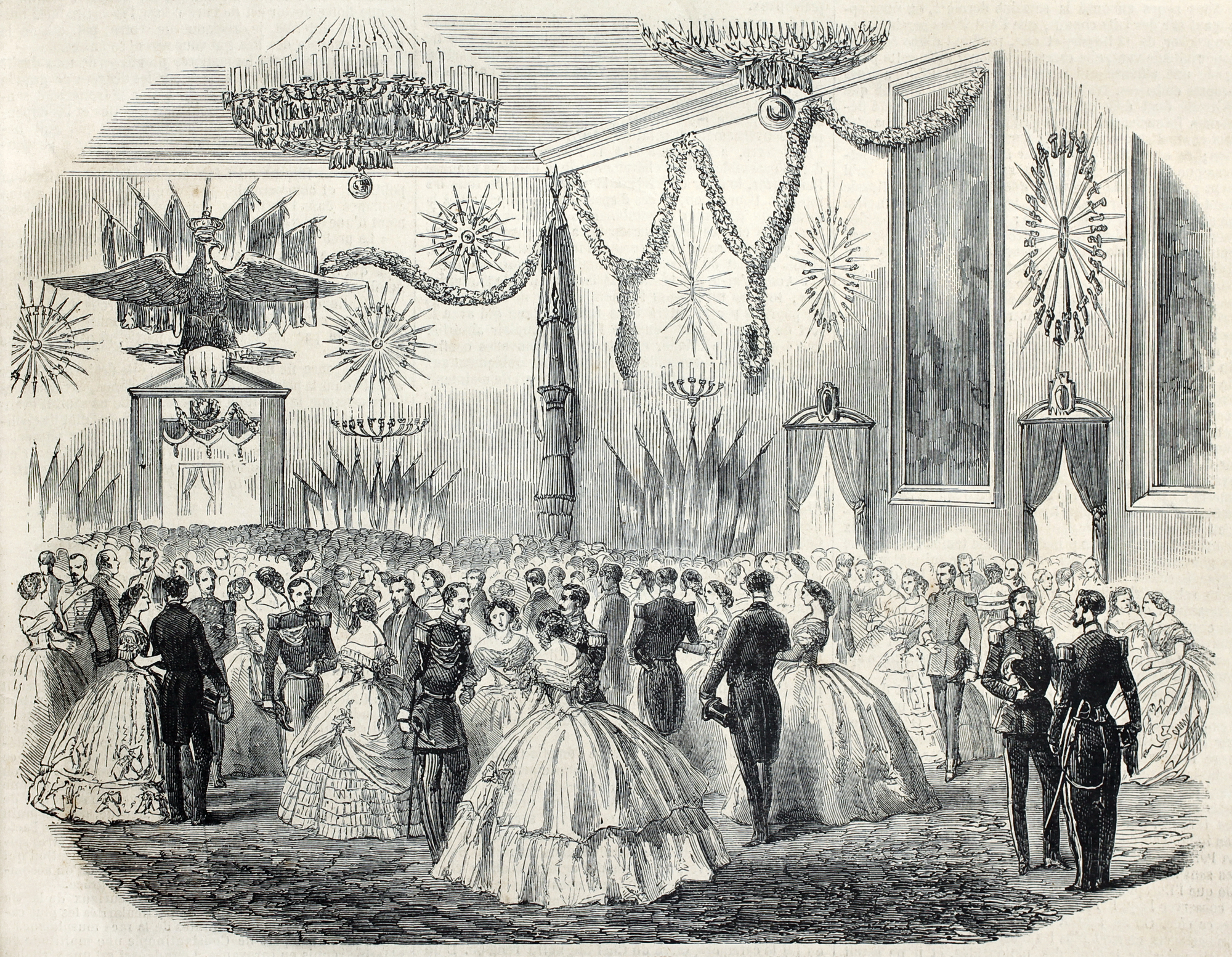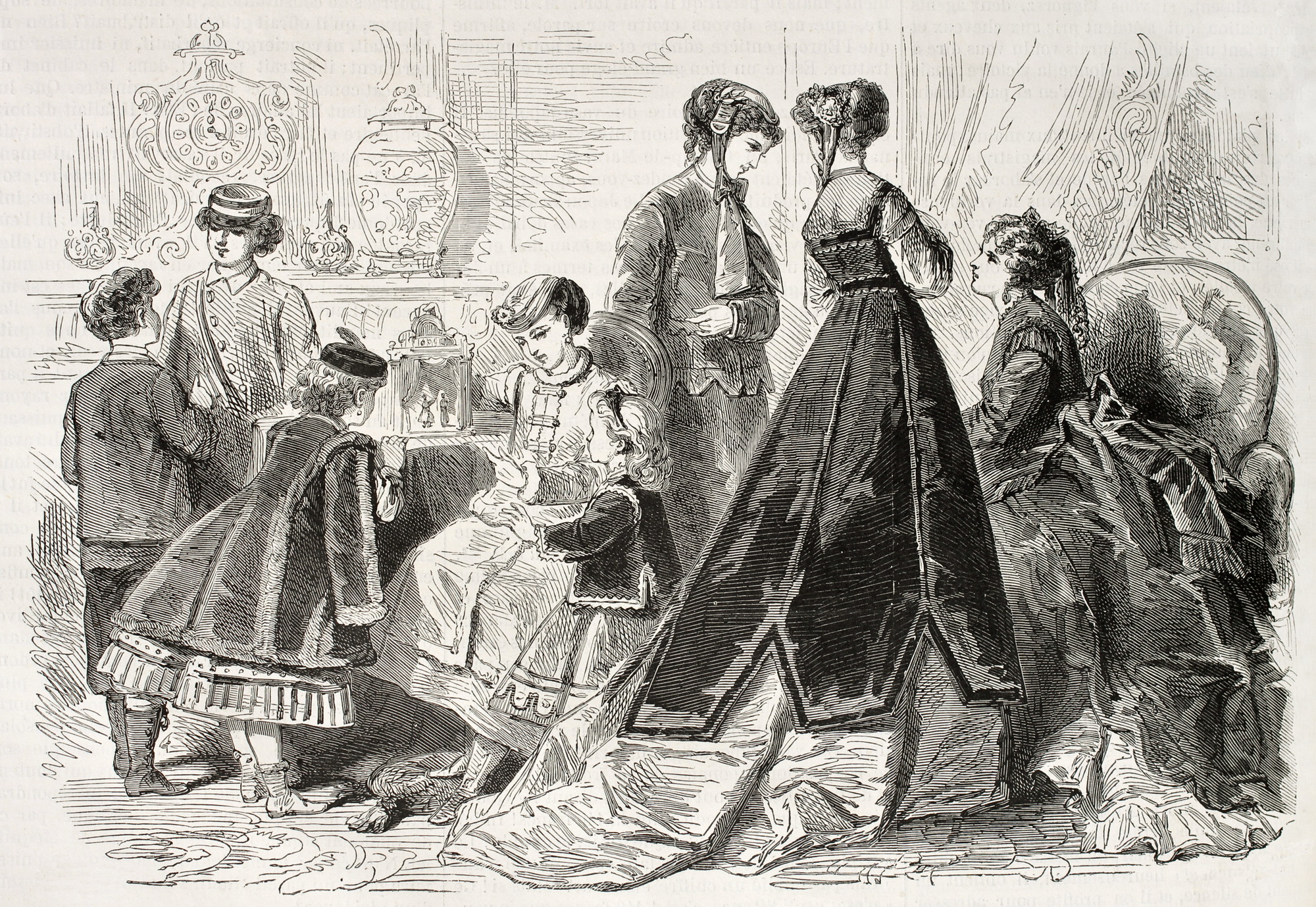Vanity Fair is a satirical novel by the British author William Makepeace Thackeray. In this fictional novel, there is not a hero, and the author uses a first-person narrative. The inspiration came from the opera “The Pilgrim’s Progress” of John Bunyan. Indeed, Thackeray expresses his points of view, philosophical visions, and critics about society.
A Novel Without A Hero
In this novel, there are different main characters. Economic and social statuses are critical in the Vanity Fair society. The society of the British Regency period is under the conscientious analysis of the writer, who adopts a tone, which is satirical, ironic and cynic. In that historical period, merchant companies and banks were growing as well as the East India Company. I have to confess that I found this book very unusual, and I noticed that the reader is never passive. On the contrary, I felt involved with the adventures involving the characters. I had the impression to be in a theatre, suffering and enjoying passionately with most of the characters.
The Vanity Fair Society
The vicious and misogynist society of the Regency period in England was very insensitive to women ( I would also add cynic! ). Undoubtedly, a woman was supposed to marry a man who could ensure her financial stability. In this way, she could belong to a high social rank. In Vanity Fair, the unmarried women or “spinsters” can only find despite, pity and solitude. Indeed, this is a society of ageists, conformists and hypocrites. It is a human jungle where people have to fight for their survival. Usually, the winners belong to the wealthy and élitaire class, leaving the poor and pleb in their despair. The most important value is the economic condition of a person and their social status.
The Adventurer Becky
In this novel, there is no hero; nevertheless, the naive and honest Amelia could be the heroine of this unusual romance. Amelia embodies all the good traits of the traditional woman of those times. She is so humble, submissive, feminine, good-natured, loyal and naive. Nevertheless, she is not so well-educated and independent, differently from Becky. Vanity Fair is the best place to find the adventurers, who live day by day, improvising like actors without a script. Rebecca or Becky is the queen of an audacious and adventurous life. She is the antithesis of Amelia. Indeed she is amoral, selfish and greedy. Nevertheless, Rebecca is brilliant, beautiful, cultured and very smart. She doesn’t run after moral values. Becky uses people as tools to improve her social status. Moreover, she is nonconformist and shameless.
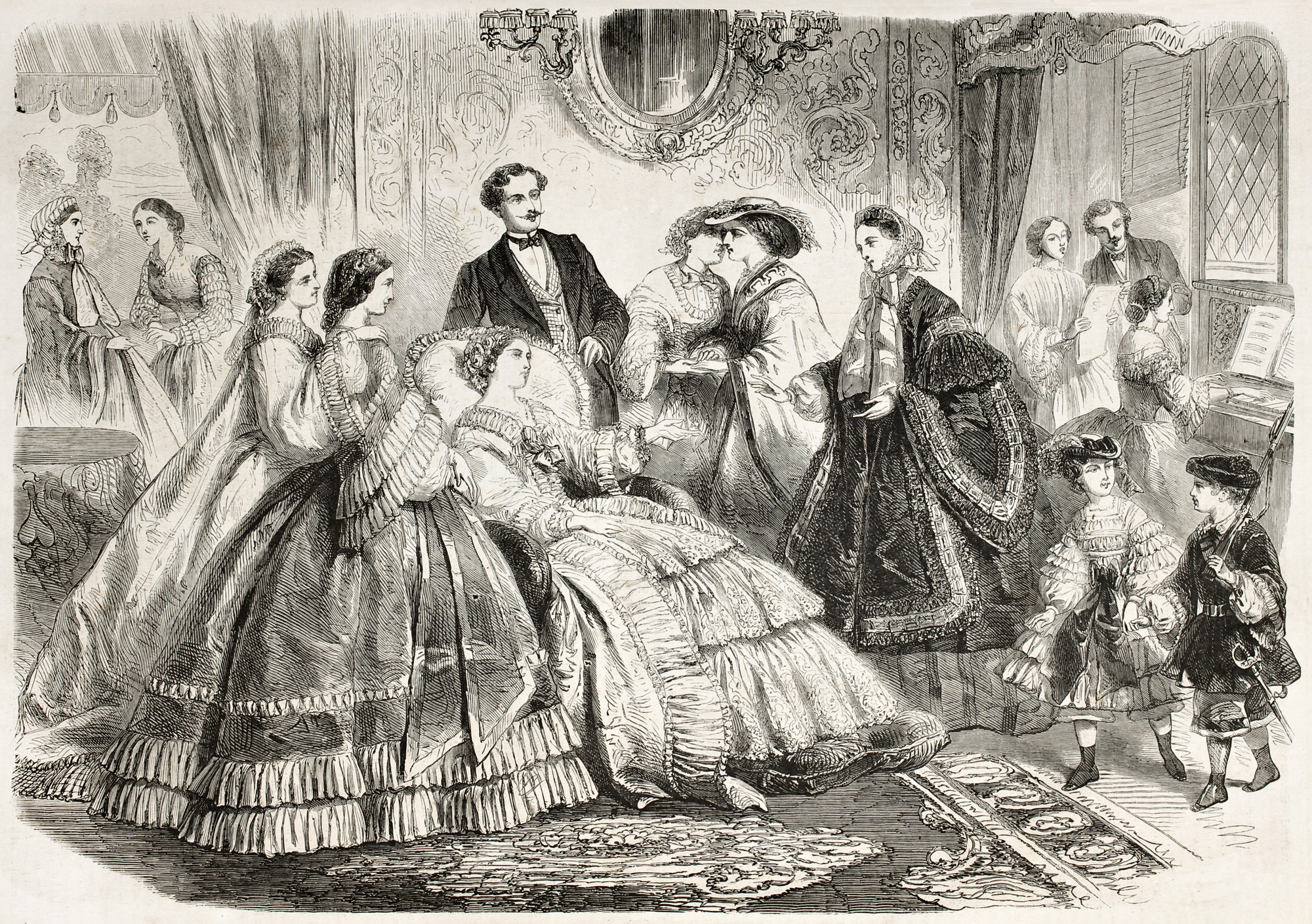
Starting A New Life
In the first part of Vanity Fair, Amelia Sedley and Rebecca Sharp are the main female characters. They just finished the school at the Miss Pinkerton’s academy for young ladies, on Chiswick Mall. They start a new life, which I would define the real-life once they became two adults. The taste of this novel is bitter and sweet. There is a tragicomedy where nobody wins. Every victory and glorious moment will end up like lifeless creatures at the end of their days. Amelia’s father is a merchant in London, so she belongs to a wealthy family. On the contrary, Becky is the daughter of a late English painter and a French opera-girl. Rebecca is a good singer and dancer. Additionally, she also speaks French fluently, and she embroiders splendidly.
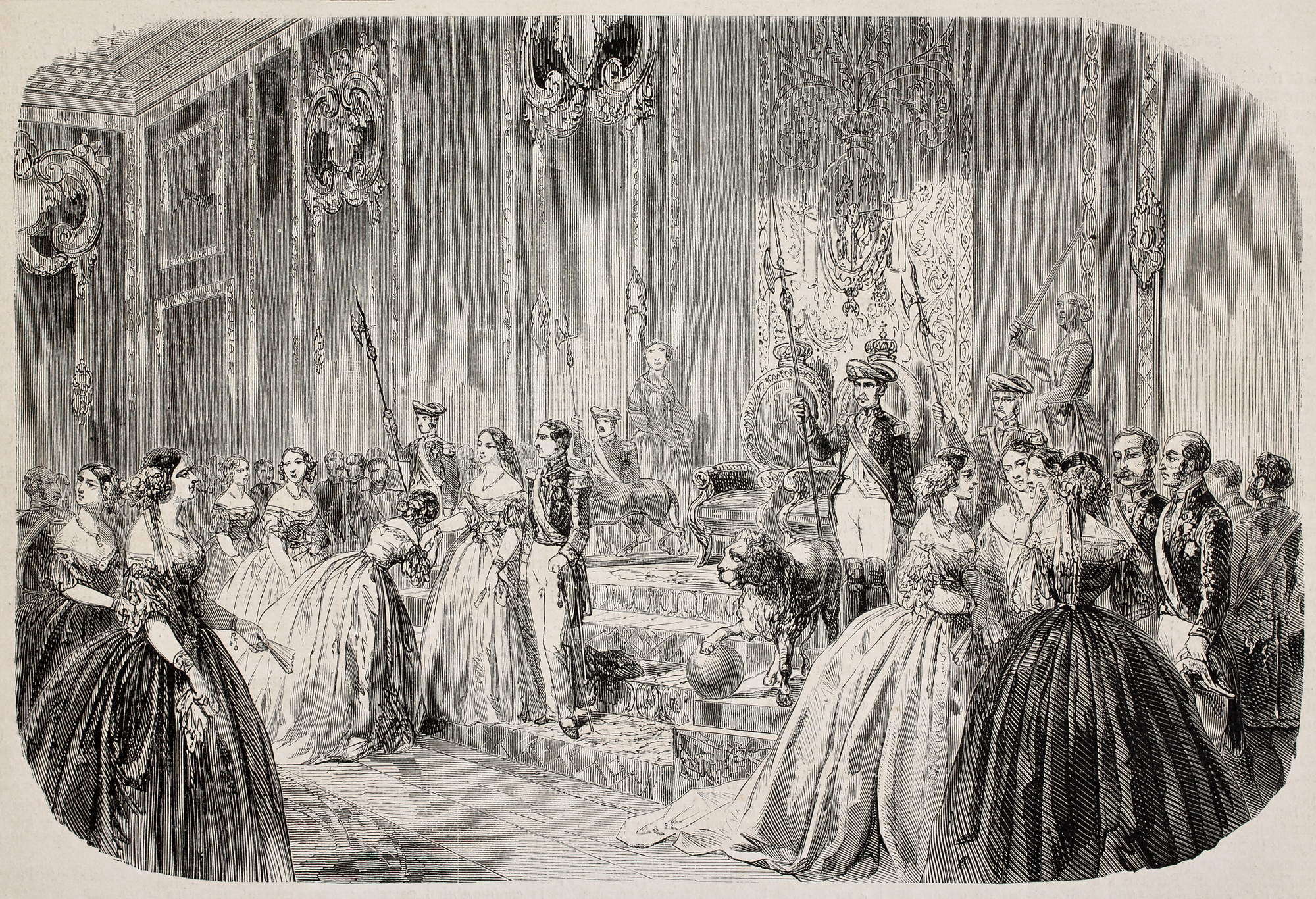
Rebecca’s Childhood
Becky had an unfortunate and sad childhood with a father beating the wife and the daughter under the alcohol effects. When he was sober, he was spending his time with other artists in Soho. Hence, Rebecca was meeting different artists in taverns. She used to speak French with her mother, who was from Paris. Rebecca was not a rich girl differently to the other girls of the Pinkerton Academy. The author describes her as a small, pale, sandy-haired girl with bright green eyes. Indeed an attractive, beautiful and clever girl started to be a “woman” when she was eight years old, after her mother’s death. The society “blames” her because she doesn’t belong to a wealthy nor aristocratic family, so she is not entitled to a good match.
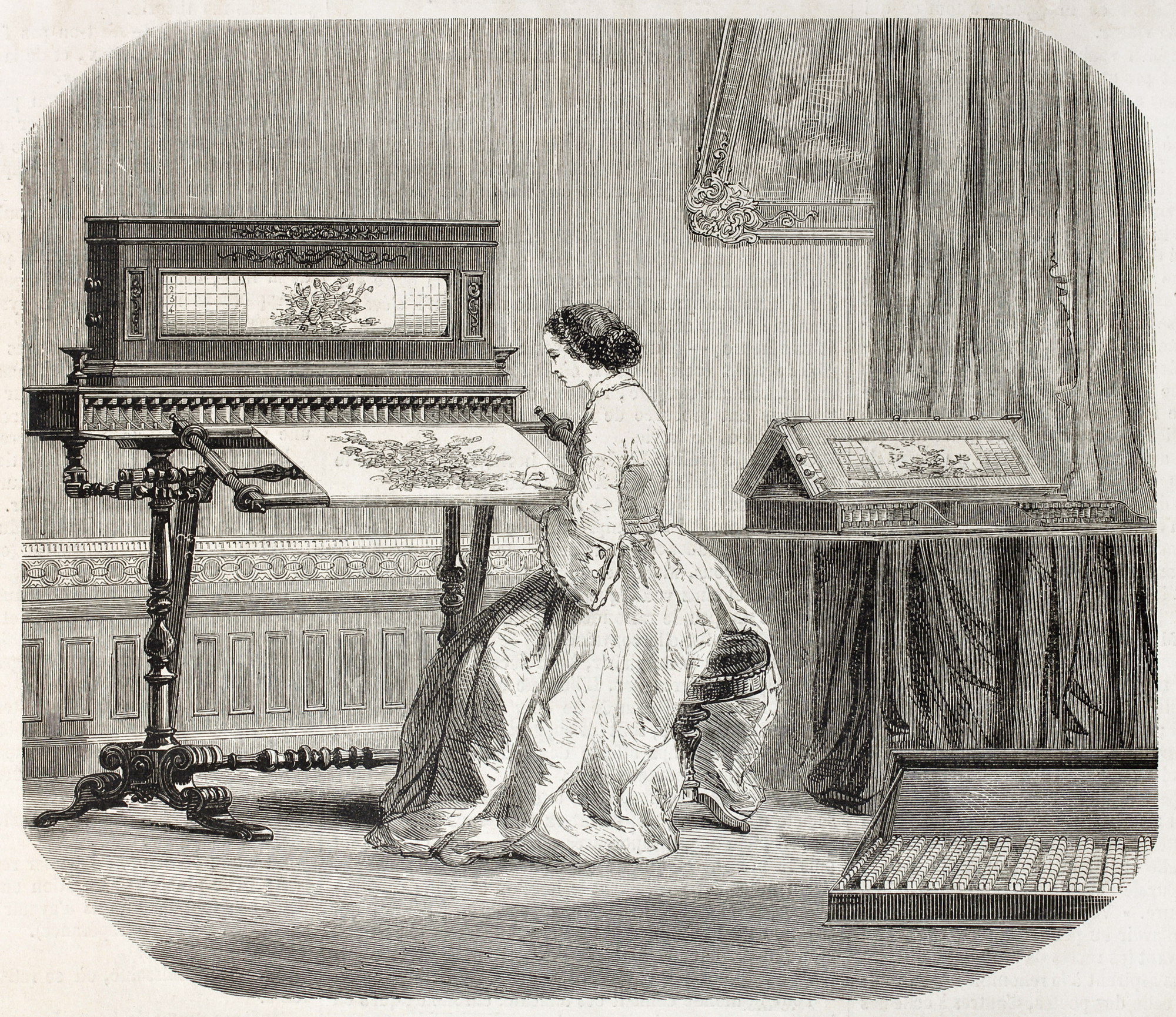
Sedley’s House
The beginning of a new life for both Amelia and Becky takes place at Sedley’s house. Here Becky starts to practice her alluring arts of a charming actress. Rebecca wants to captivate the attention of Joseph Sedley. Jos is Amelia’s brother and, he is a vain and a selfish boy, who is a real dandy. In Becky’s eyes, he is perfect because he is rich and belongs to a prosperous family. She tries every effort to get involved in a relationship with Jos. Nevertheless, in the end, the boy refuses her, and she leaves Sendley family to embrace a new life. In this period, Amelia, or Emmy, meets again her childhood friend George Osborne, a very handsome, aristocratic and selfish lad. George belongs to a merchant family, which is richer than the Sedley family, and Emmy is genuinely in love with him. Another character is Captain William Dobbin, who is the best friend of George Osborne, and he falls in love with Amelia.
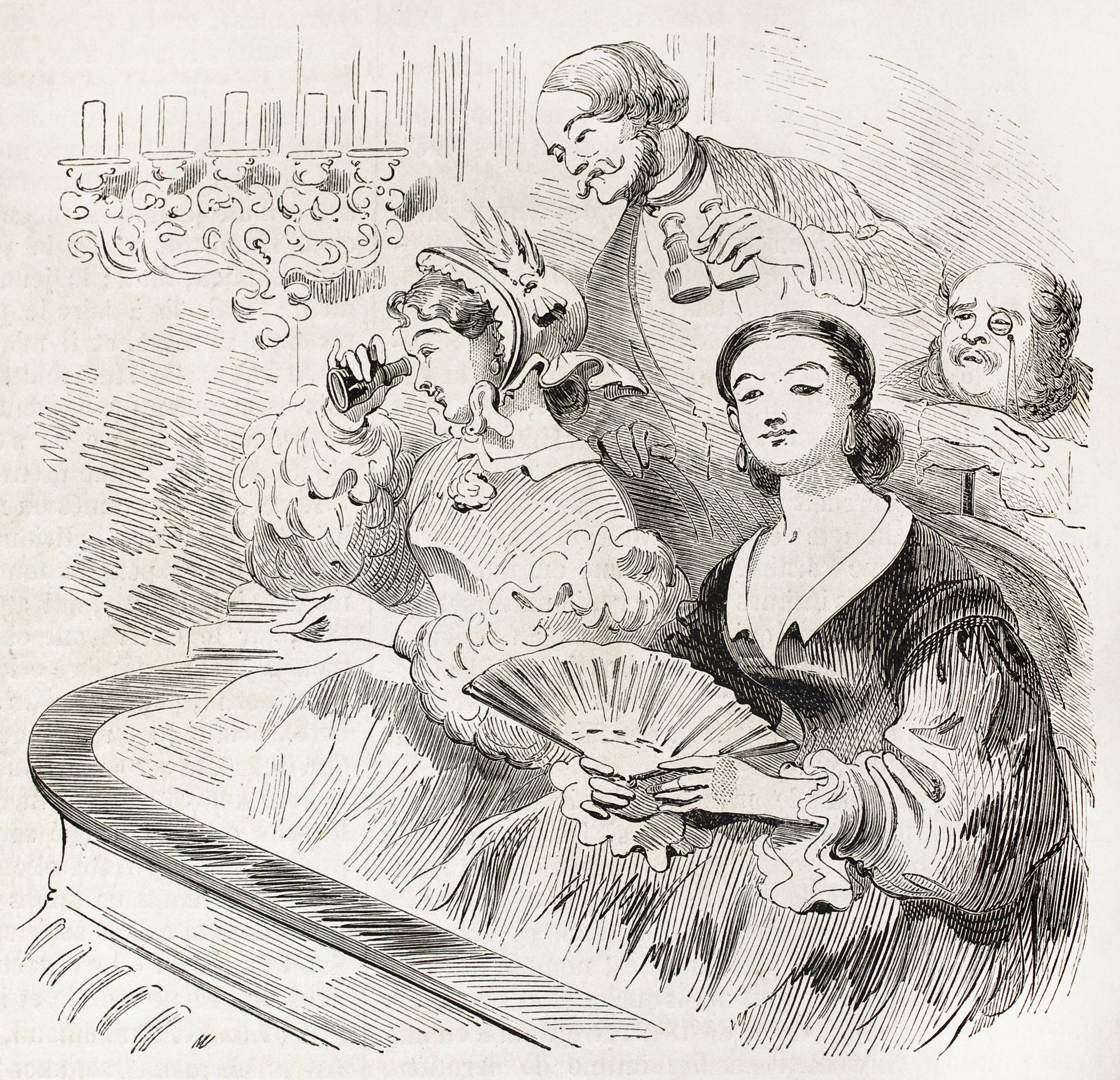
At Queen’s Crawley
After a period at the Sedley’s, Rebecca Sharp moves to her next destination, Crawley’s house, as Sir Pitt Crawley’s two daughters’ governess. Sir Pitt Crawley, is baronet and owner of Queen’s Crawley; and he has two sons, Pitt and Rawdon, from the first marriage, and two daughters, from the second marriage. Becky gets married to Rawdon, who is an officer passing most of his time gambling. In the same period, Amelia gets married to George. Lord Osborne is very stunned and upset because he doesn’t like Amelia with her family.
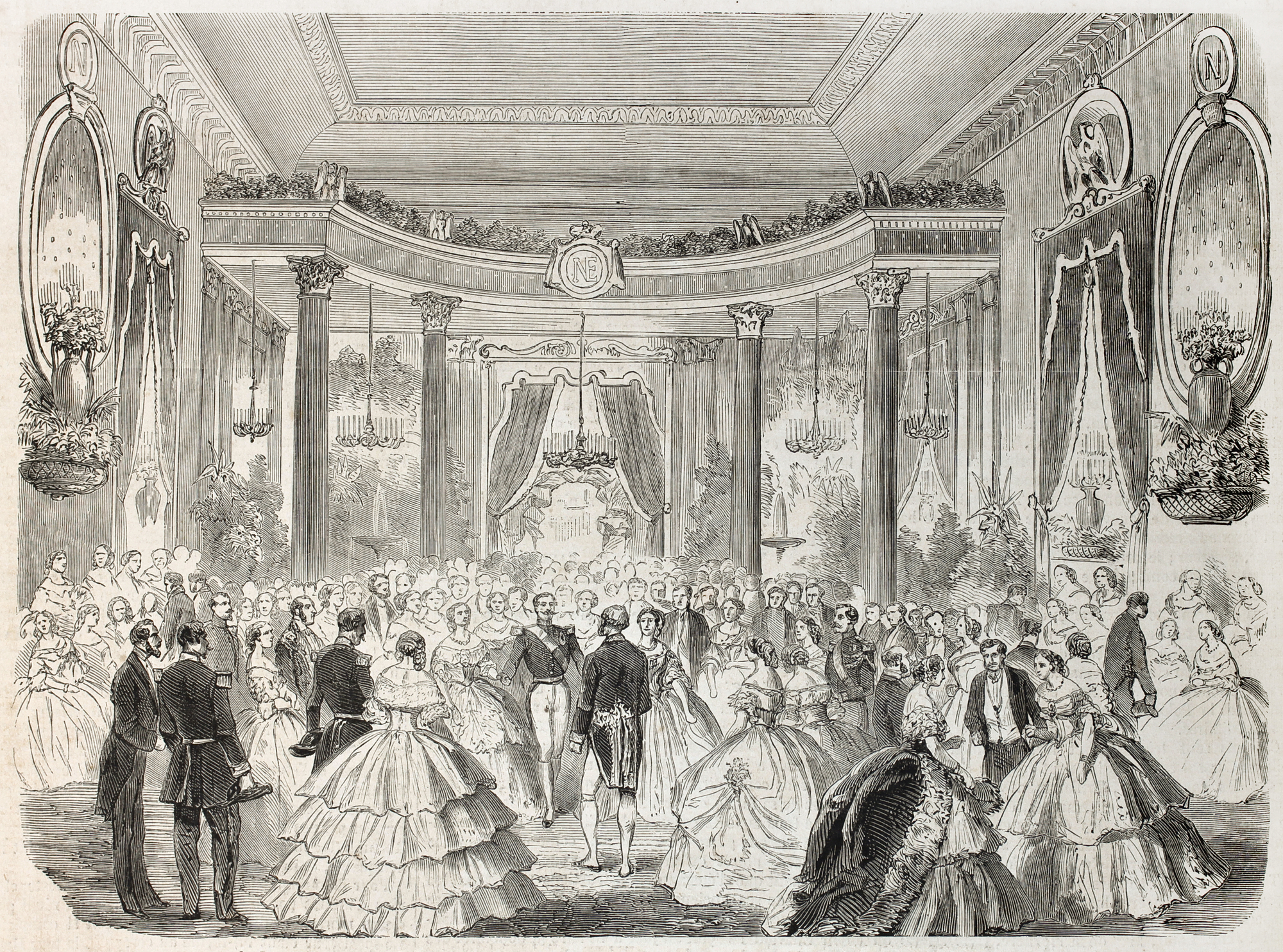
Flow Of Events In Vanity Fair
During the Battle of Waterloo, all the main characters go to Brussels. Jos Sedley escapes, and George dies in the campaign. Becky neglects and hates her child, little Rawdon. Oppositely to Becky, Emmy loves her child, Georgy. The Seidler’s misery forces Amelia to entrust her child to Lord Osborne, who adopts little Georgy. Emmy and Becky’s friendship ends up with many tensions before George’s death, who was in love with Rebecca. Once a widow, Emmy lives in miserable conditions with her parents due to his father’s businesses’ bankruptcy. After her parents’ death, Emmy moves to a better house with her child Georgy and her brother Jos. She makes new acquaintances of the sophisticated world, and she enjoys her new life. Time to time, William Dobbin visits her after he confessed to Amelia that he loved her for twelve years.
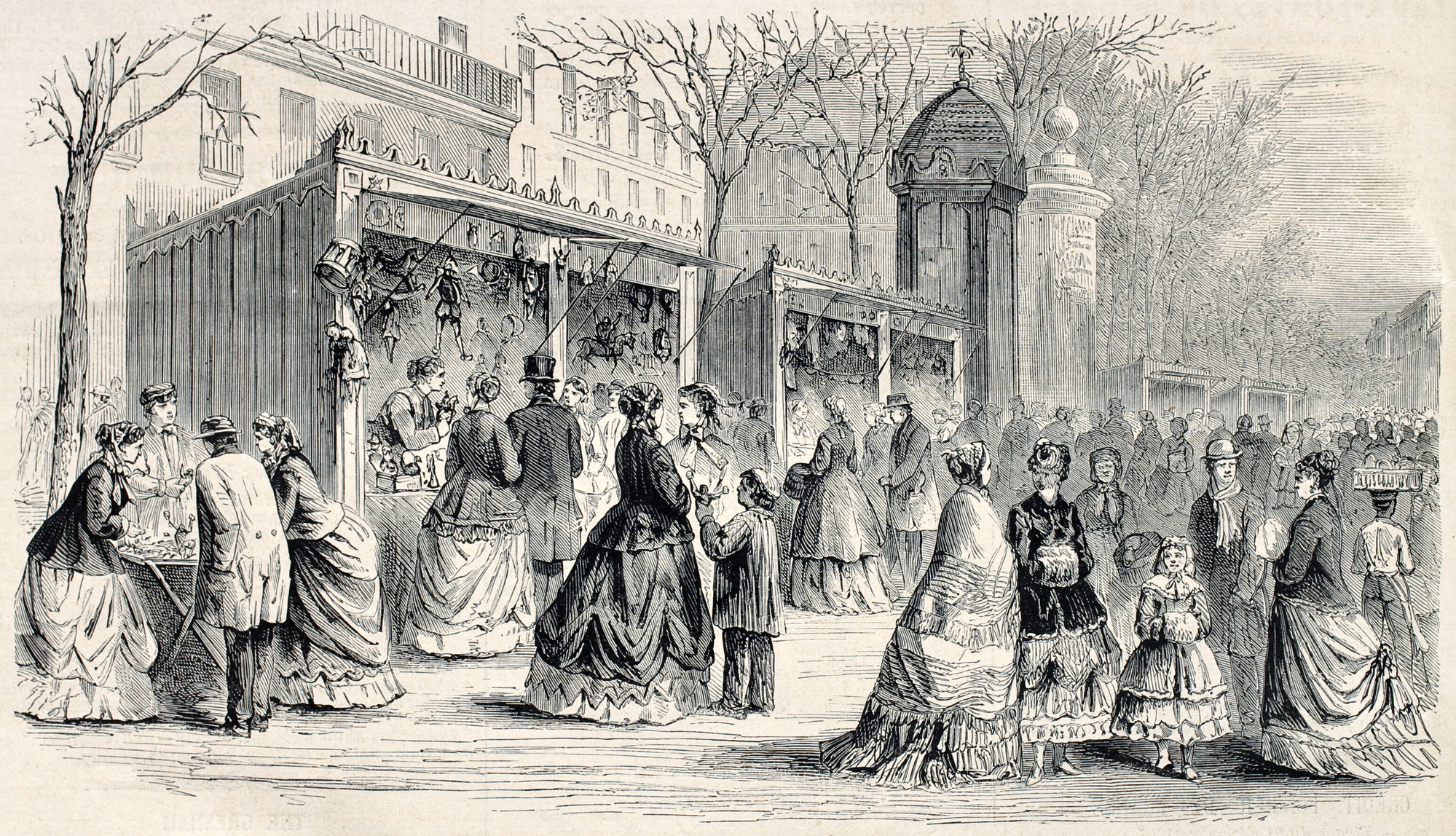
The End Of Vanity Fair
Once Rawdon repudiates Becky, he will end his days in Coventry Island as governor. The exaggeration of Rebecca’s improper behaviour, flirting with different men, is why her lousy reputation in all aristocrats. Her ambition to be part of the aristocracy ruined her. And it is at this very moment that she experiences rejection and solitude. So Becky travels a lot, moving from one place to another, living in different countries such as France, Germany, Italy, and Belgium. She enjoys her adventurous life meeting several people up to the day she meets Jos Sedley, her first “love”. She convinces him to rescue her from her misery and poverty, and Amelia invites Rebecca to live in her house. The naive Emmy will know once for all that her late husband did not love her, and he was cheating Amelia. And so, for Amelia, this is the turning point in her life, and she abandons her past grief.
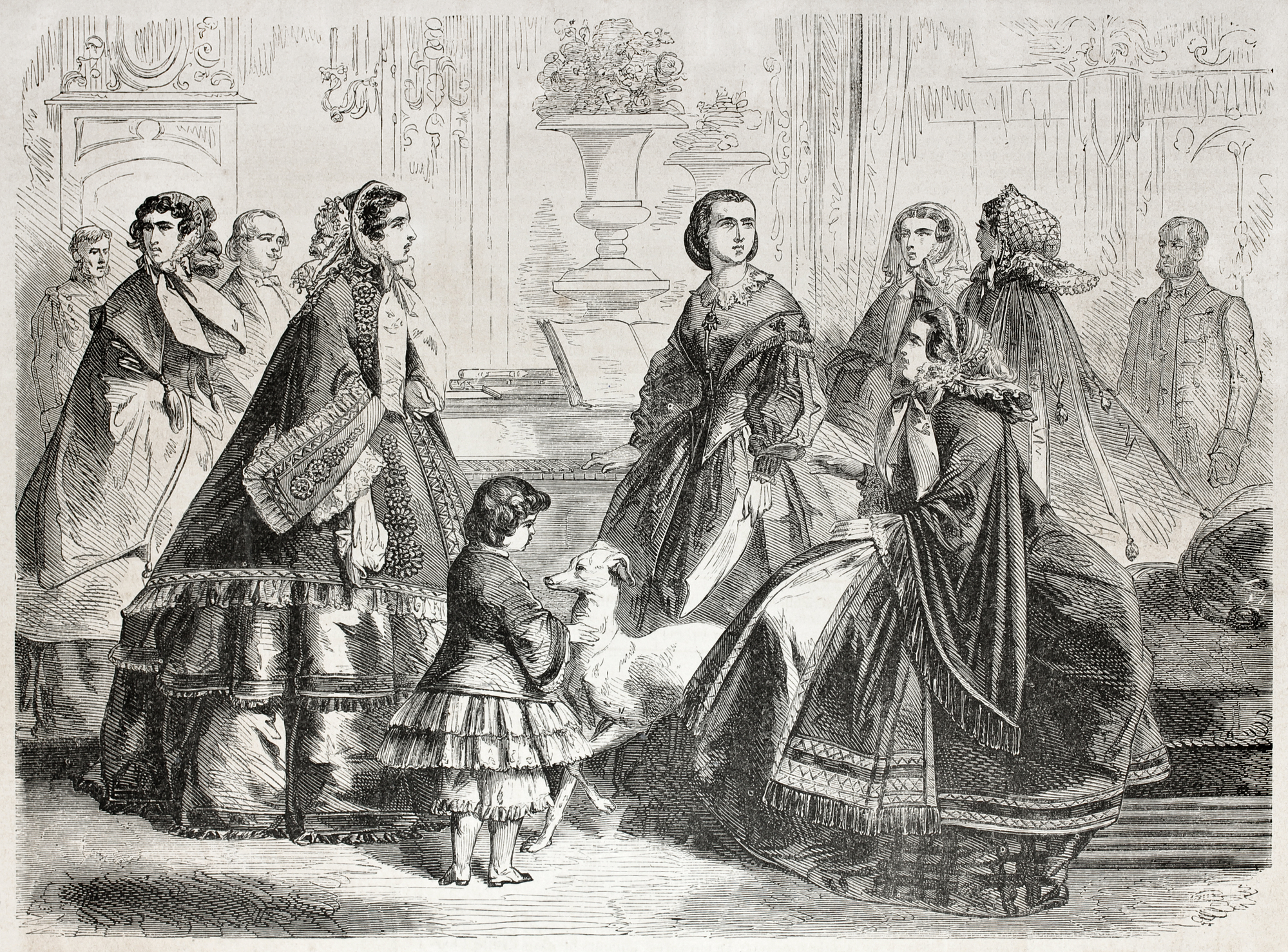
Some Curiosities
Some character has a family name related to their nature. For example, sharp can refer to a razor’s sharpness since the men involved romantically with Becky died. Furthermore, sharp in archaic English was a synonym of cheating. Indeed, she cheated different times her husband Rawdon with very wealthy and aristocratic men. In Vanity Fair novel, there is an obsession with lavishness and luxuriance. Indeed, it is crucial belonging to a wealthy and influential family. The primary purpose of women life is to find a rich and respectable husband. Women could work only as governesses and servants. Only a few educated women were embracing the career of the writer. Rebecca is a very erudite woman, but her main goal is to marry a rich and aristocratic man. In her house, she welcomes pleasantly different men, entertaining them like a “showgirl”. Besides singing wonderfully, she knows how to be engaging and charming.
Notes
The Vanity Fair novel is a metaphor of the human vanities, and it’s perfectly suitable in modern times. Happiness and misery can coexist in this picturesque tragicomedy where there is no shortage of twists and turns. An example is when Rawdon finds his wife, Becky, in the company of the wealthy aristocrat Lord Steyne in the middle of the night. The author defines this book as a comic story. Comic as the charade which is staged in one of the several parties organised by Lord Steyne. In this pantomime, the excellent actress Becky (actress in real life and on stage), plays Clytemnestra. Of course, nothing happens by mistake in this vanity parade! Like Clytemnestra, who killed her husband, Becky Sharp is in a certain way related to the death of the beloved Rawdon and Jos. Becky bewitches with her enchanting voice and beauty. Her charisma, self-confidence, culture and intelligence attract men of all ages and social ranks. Nevertheless, she is cold minded, and she knows how to get what she wants.
At The End
I would say that the behaviour of Rebecca Sharp reminds me of The Prince by Niccolò Machiavelli. In Machiavelli’s opera, we find the sentence “il fine giustifica I mezzi”, which means that the goal justifies the actions. And so it does not matter the way we reach our goals rather the plan itself. Rebecca embodies this “virtue”, which is described by Machiavelli. Indeed, she always achieved her dreams no matter if she used people as puppets. Undeniably, there are so many Rebeccas, both women and men, who don’t care so much about others’ welfare and exploit people viciously, being aware of their selfishness and narcissism.
Ah! Vanitas Vanitatum! Which of us is happy in this world? Which of us has his desire? or, having it, is satisfied? – Come, children, let us shut up the box and the puppets, for our play is played out. William Makepeace Thackeray.
